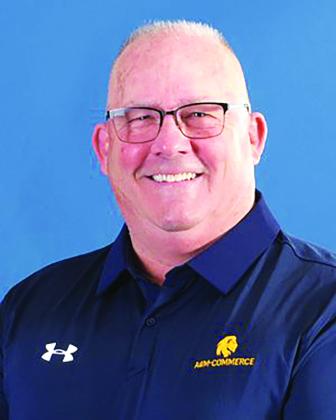Only a month away from school starting, and it is very important for parents to visit with their children about all the school activities available to them. This is especially true for socioeconomically disadvantaged students. Why is it important for students to join the sports teams, band, or other happenings within the school setting?
Students who participate in extracurricular activities experience higher levels of academic achievement. These effects have been researched since the early 1930’s. Students participating frequently in extracurricular activities tend to have higher grades, better test scores, and more positive educational experiences. Research by Libscomb (2007) found participation in extracurricular activities is associated with a 2% increase in math and science test scores. Furthermore, students involved in activities have a 10% increase in their expectations of attaining a college degree, as compared to non-participants.
Family structure and school involvement are important ingredients with students’ success. Many low-income, high risks, low socioeconomic (SES) students complete high school, but some individuals drop out despite doing well academically. Why is this happening?
One of the key areas influenced by family income is educational outcomes. Typical problems are parental inconsistency (about daily routines and parenting), frequent changes of primary caregivers, lack of supervision and poor role modeling. Very often, the parents of these children lack support. Activities other than academics, such as sports and lessons in the arts, have been shown to increase student’s school readiness despite SES. Poverty, low achievement, and behavior problems all significantly predict dropping out of high school.
It is important for parents living in a one parent household or low socio-economic environment to understand the extra support coaches and teachers have with their children. Coaches get to know the students they coach. They build open and trusting relationships. Because they are involved in a sport, the student spends an enormous amount of time with an adult mentor, much like a surrogate parent.
I am very proud of state athletic associations allowing coaches more time to work students out in the summer. This is time well spent. Not only are students getting better physically, but they are also spending more time focused on activities and working with adult professionals (coaches).
Participating in extracurricular activities benefits students’ personal and academic success. Extracurricular activity participation provides greater levels of academic achievement, supports students’ character development by giving them skills required for personal success, such as leadership skills, time-management skills, and the ability to accept constructive criticism. Extracurricular participation also raises students’ self-esteem and resiliency and cultivates social development. Additionally, participating in extracurricular activities provides opportunities for students to experience the importance of community involvement.
Thought for the week, “Be a pragmatist. First, find out what works. Then keep doing it.” Woody Hayes
Dr. Jack Welch is an educator and college football coach. His doctorate is in educational administration, and he has been an educator, administrator, and football coach, mentoring young minds, for over 40 years. He is also the author of Foundations of Coaching. He can be reached at jackwelch1975@ gmail.com.


